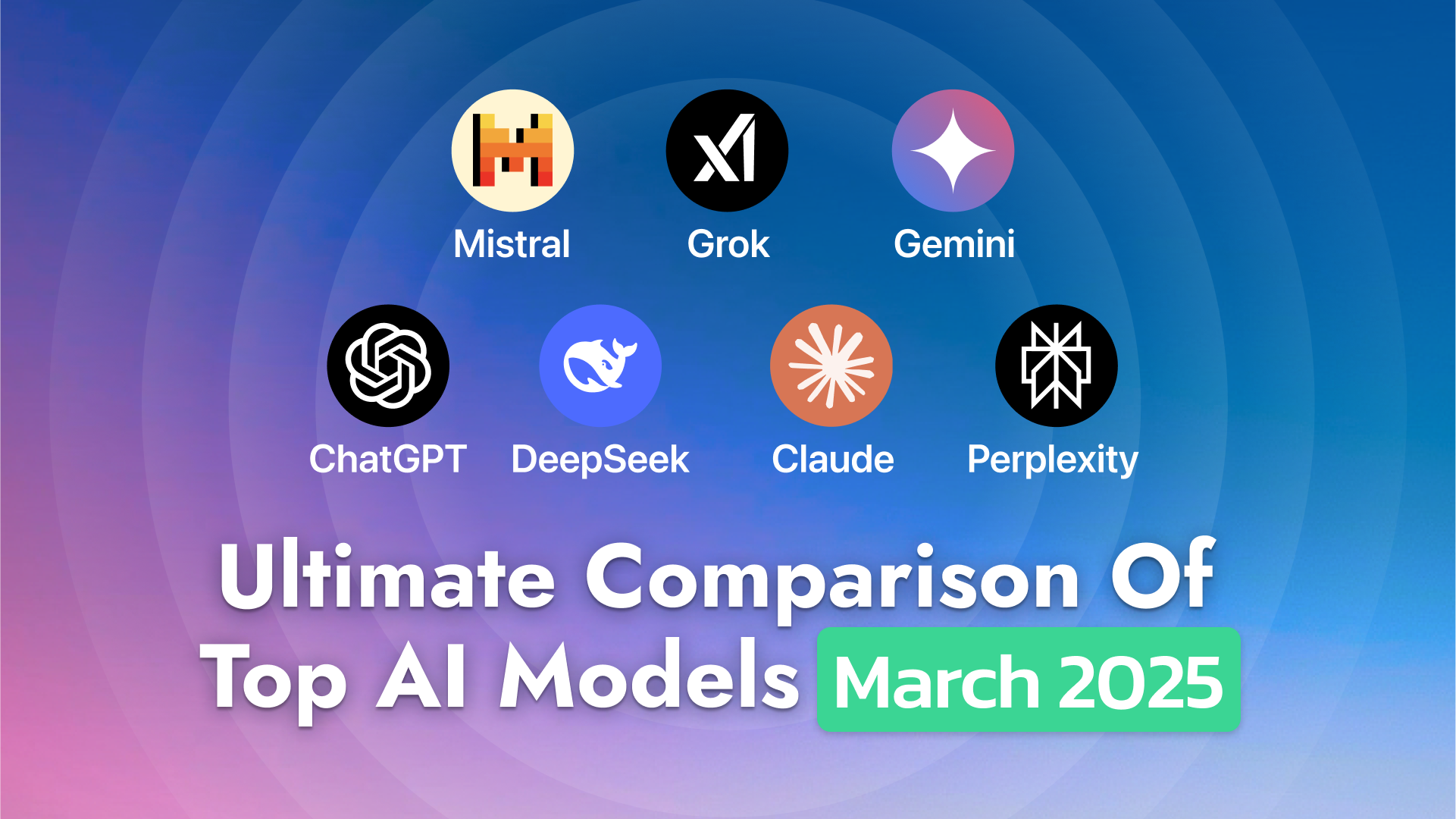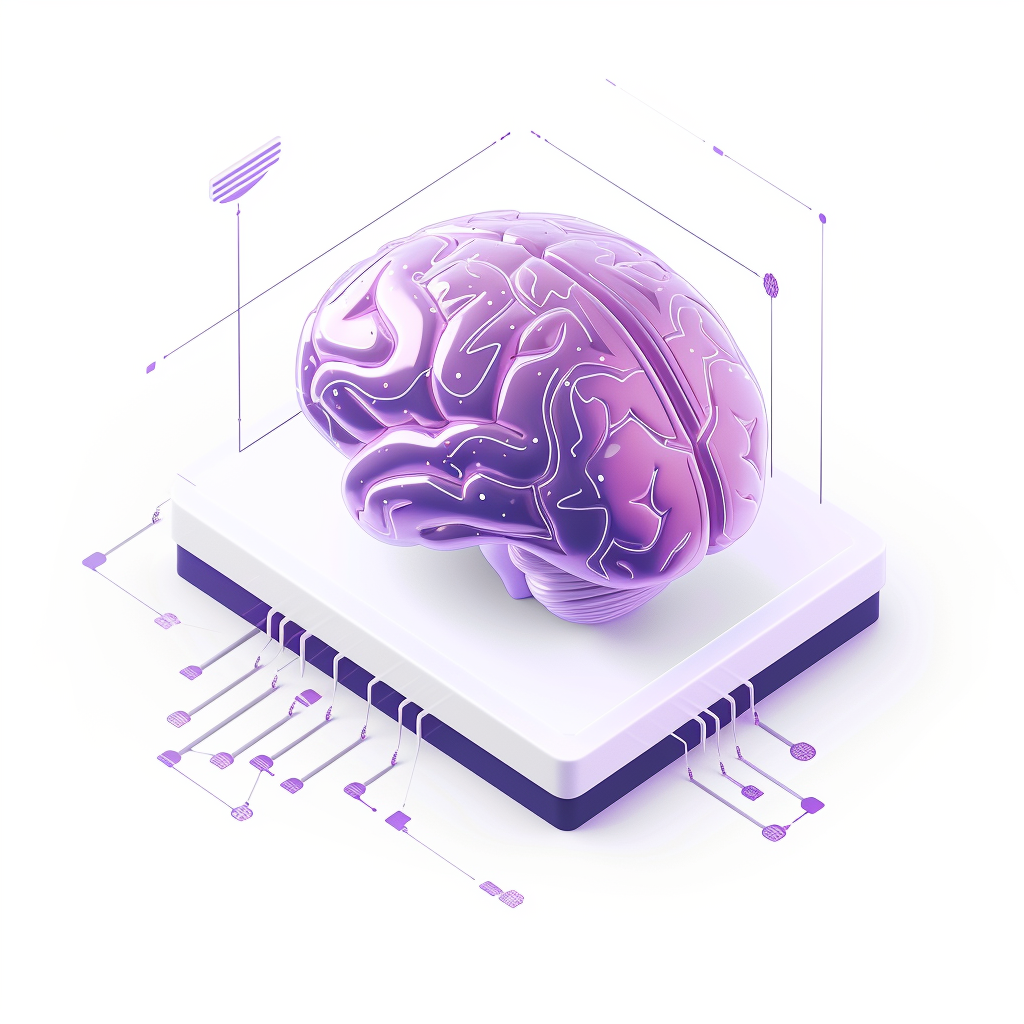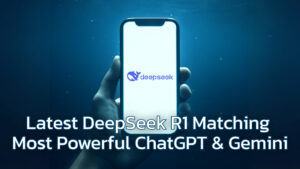In 2024, ChatGPT has evolved into an indispensable tool for students aiming to maximize their productivity and elevate the quality of their homework. Whether you’re grappling with a challenging essay, unraveling complex math problems, or simply seeking inspiration for your next big project, ChatGPT is your go-to assistant.
This sophisticated AI chatbot, powered by the latest GPT-4o model, goes beyond mere text generation—it’s designed to understand your unique needs, offer personalized guidance through difficult concepts, and empower you to tackle assignments with greater efficiency and confidence.
As a student, ChatGPT can be your virtual tutor, helping you clarify confusing topics, draft compelling essays, generate accurate code, or even hone your language skills. While most are familiar with the basics of how ChatGPT works, the real advantage lies in mastering how to ask the right questions and strategically tapping into the model’s vast capabilities.
This guide will walk you through practical tips and strategies to not just complete your homework, but to truly comprehend and excel in the material, ensuring you get the most out of this powerful tool.
How does ChatGPT work?
ChatGPT operates based on a language model architecture developed by OpenAI, known as the Generative Pre-trained Transformer (GPT). At the moment, free ChatGPT is using version GPT-4o Mini which is a smaller and faster version of more powerful model GPT-4o.
For users subscribing to ChatGPT Plus, they have the opportunity to access ChatGPT powered by GPT-4o, which is OpenAI’s most advanced model to date. Generative AI models of this nature are trained on enormous datasets that encompass a wealth of information from the internet, including but not limited to websites, books, news articles, and more.
The fine-tuning process of ChatGPT involves both supervised learning and reinforcement learning strategies. A standout feature of ChatGPT’s development is the implementation of Reinforcement Learning from Human Feedback (RLHF). During the RLHF process, human AI trainers engage with the model by providing conversations in which they emulate both roles—the user and AI assistants. This innovative approach, as described by OpenAI, plays a critical role in the exceptional performance of ChatGPT.
Similar AI Alternatives
ChatGPT
ChatGPT continues to be a dominant player in the AI landscape, now most commonly accessed in its GPT-4 version, with variations like GPT-4 Turbo offering enhanced performance for free users. The platform has solidified its reputation for versatility, allowing users to engage in complex conversations, generate creative content, and even provide coding assistance. GPT-4 remains one of the most powerful models available, consistently delivering high-quality responses across a broad spectrum of topics.
Gemini AI (formerly Bard AI)
Google’s AI, formerly known as Bard, has evolved into what is now called Gemini. The current version, Gemini 1.5 Pro, is built on a highly versatile model that incorporates fresh, up-to-date information, making it a formidable contender in the AI space. Gemini has advanced significantly since its inception, now offering more accurate coding assistance and improved overall performance, making it a reliable tool for developers and content creators alike.
Claude AI
Claude AI has rapidly emerged as one of the most popular AI models available today. The latest version, Claude 3.5 Sonnet, is considered one of the most powerful language models on the market. Known for its nuanced understanding and ability to generate detailed, contextually relevant responses, Claude AI has become a go-to tool for users requiring advanced AI capabilities across various applications.
Fello AI
Fello AI, is a multi-language AI client app that supports all major Large Language Models (LLMs), making it incredibly versatile. Users can leverage the strengths of each model, switching between them as needed.
Fello AI is designed to enhance productivity, offering features like unlimited prompts, full-text search, and 24/7 availability. The app also includes a light and dark mode to suit different working environments and user preferences.
How Can Chat GPT Help Students
Let’s explore how ChatGPT, the cutting-edge AI tool, can elevate a student’s academic journey, making learning more accessible, engaging, and efficient:

Clear and Comprehensive Answers for Doubts
Ever found yourself puzzled over a particular topic or reading material? Sometimes, all we need is a simple explanation to clear our doubts. That’s where ChatGPT comes in. Imagine having a personal tutor right by your side, ready to break down complex ideas into simpler, digestible chunks. That’s exactly what ChatGPT does. When you’re grappling with understanding a concept, ChatGPT acts as a reliable guide, drawing from vast internet resources and presenting knowledge in straightforward, easy-to-grasp language.
Customized Learning Suggestions
Think of ChatGPT as a perceptive study buddy. It observes and remembers what you’ve studied and then offers advice tailored to your unique learning patterns. By analyzing areas you might be struggling with, it provides insightful recommendations to strengthen your grasp in specific subjects. This ensures you receive guidance that is not just general but specifically curated to your personal learning curve.
Transforming Learning into a Fun Activity
Who said learning can’t be enjoyable? With ChatGPT, education becomes an exciting adventure. Housing a treasure trove of information, ChatGPT unlocks this wealth for students who know the right questions to ask. This not only empowers students with a deep-rooted understanding of their studies but also makes the learning process itself more interactive and captivating. The pleasure of discovery and the joy of understanding make for a memorable academic journey.
Skill Enhancement and Academic Support
Every student, at some point, faces academic challenges. Whether it’s getting stuck on a complex topic or needing a nudge to commence a new project, ChatGPT is there to assist. Acting as a supportive academically, it offers personalized advice based on your needs. More than just answering questions, ChatGPT identifies areas where you might enhance your abilities and provides beneficial resources to help you grow.
Constructive Feedback for Continuous Improvement
Seeking to elevate your academic performance? Feedback is crucial. ChatGPT offers invaluable critiques, from improving the structure of your essays to refining your grammar. While it’s not always feasible to get instant feedback from educators, especially outside the classroom, ChatGPT fills this gap, offering genuine advice and actionable insights for your assignments and projects.
Guidance in Mastering Time Management
For students, time is a precious commodity, but managing it effectively can be a challenge. Here, too, ChatGPT comes to the rescue. It not only suggests practical time management techniques but also aids in organizing your study schedule. With ChatGPT’s assistance, you can set achievable goals, monitor your advancement, and ensure you’re on the right track, making the most of every moment in your academic journey.
ChatGPT Homework Examples
Let’s see how ChatGPT or Fello AI handles homework. First, we tried a basic physics question from high school.
Question: “A box pushes down on a table with a force of 100N. The pressure it causes is 15 N/m². How big is the bottom of the box touching the table?”
ChatGPT’s Answer: “You can find out by dividing the force by the pressure. So, 100 N divided by 15 N/m² gives 6.67 m².” ChatGPT got it right and even showed how it figured it out, which teachers usually want to see.
Next, we asked ChatGPT to write a short essay.
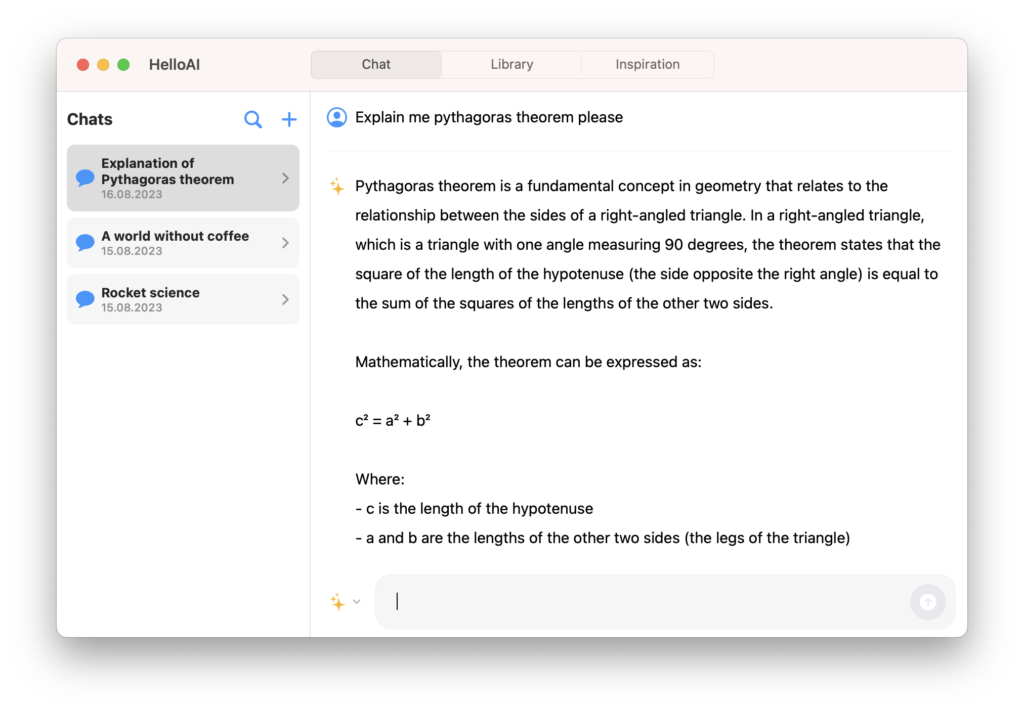
Prompt: “Talk about love in the story ‘Romeo and Juliet’.”
ChatGPT’s Answer: “Love plays a huge role in ‘Romeo and Juliet’ by Shakespeare. It talks about young love that’s really strong but ends sadly. The story paints a picture of love that’s both dreamy and real, with all the good and bad emotions it brings…” We’ve shortened the answer here, but you see where it’s going.
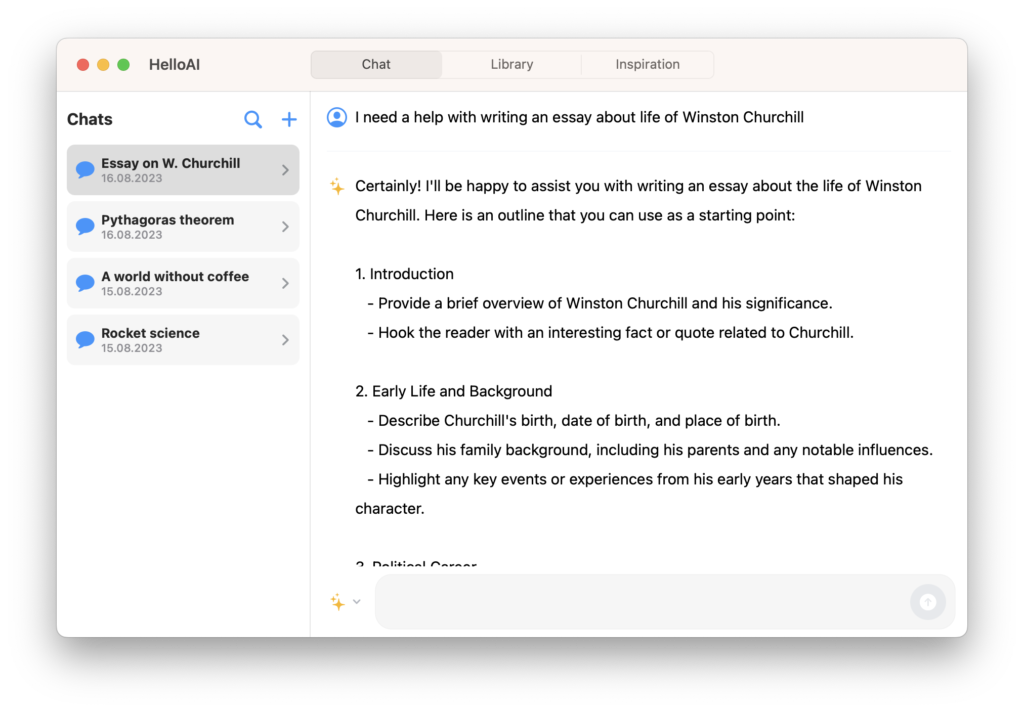
It looks like ChatGPT can tackle homework for high school students!
Ethical Concerns with ChatGPT
Bias in Data: Chat GPT learns from vast amounts of text. If this data has biases, Chat GPT might show those biases too. This can be unfair, especially for certain groups. Using varied and unbiased data is key.
Misuse: Since Chat GPT creates human-like text, some might use it wrongly, like spreading false info or pretending to be someone else. It’s essential to guard against this and hold wrongdoers accountable.
Privacy & Security: There’s a risk that Chat GPT might share sensitive info by mistake. Plus, its outputs could help track people. Strong privacy measures are a must to keep user data safe.
Everyone’s Role: Developers should train Chat GPT responsibly and add safety features. Users need to use it wisely. Society should think about the tech’s impact and maybe make rules about how it’s used.
Conclusion
As we delve deeper into the age of AI, tools like ChatGPT and Fello AI stand as testaments to the limitless possibilities of technology. They undeniably revolutionize our approach to learning, communication, and problem-solving. The brilliance of such platforms offers boundless potential, but, as with all revolutionary tech, it does bring to light certain ethical conundrums. Can we truly eradicate biases from these systems? How will the lines between human and machine blur in the coming years?
In the end, the future of ChatGPT and similar AI tools rests not just on technological advancements but on the wisdom with which we wield them. As we integrate these tools more into our daily lives, it begs the question: How will we balance the vast benefits they offer with the responsibilities they entail? Only time, and our collective decisions, will tell.


